IRC - The FA Institute traveled to Paris for a 3-day workshop at CNRS
Members of France-Arizona Institute for Global Grand Challenges Convene in Paris With 17 Active Collaborations, New Institute Holds a Second Leadership Conference
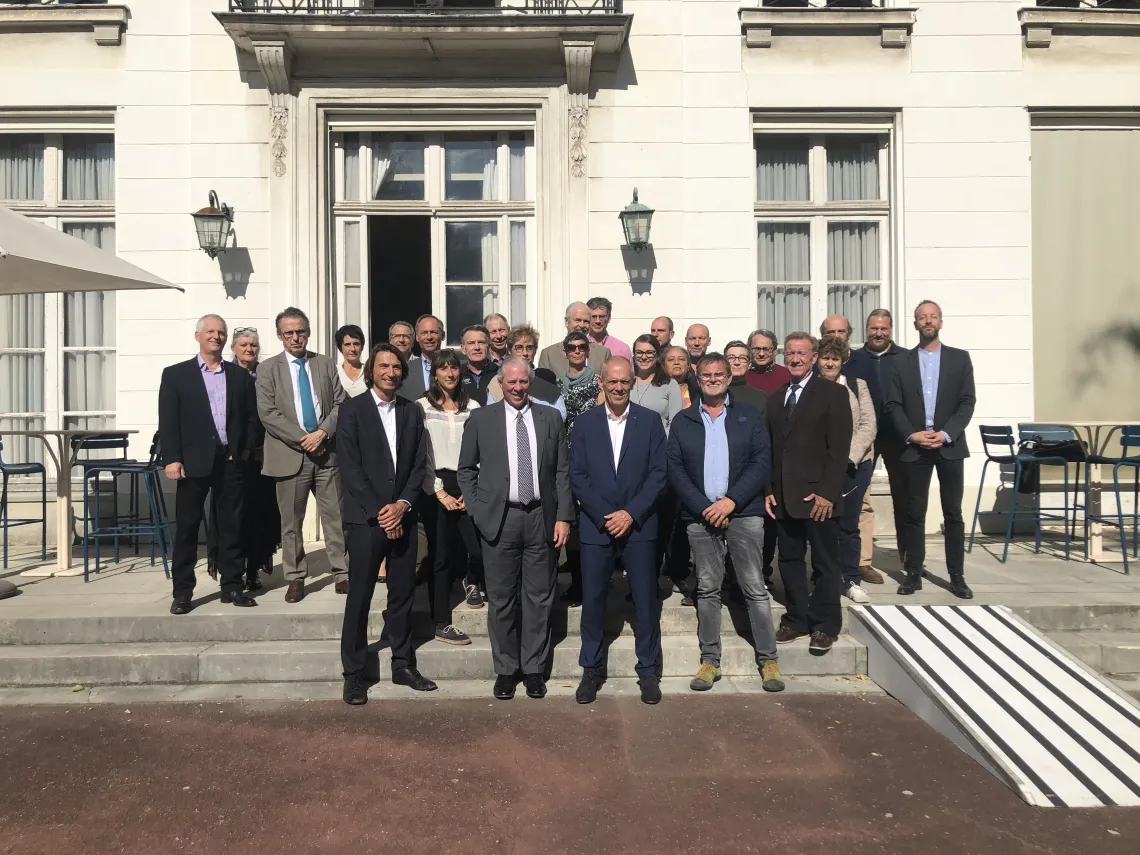
Last month, the University of Arizona and French heavyweight, the National Centre for Scientific Research (CNRS), met in Paris for the second 2022 conference of the France-Arizona (FA) Institute for Global Grand Challenges. Founded in March 2021, UArizona’s FA Institute is the first CNRS International Research Center.
UArizona and CNRS have worked together for nearly a quarter of a century, beginning in 2008 with iGLOBES (Interdisciplinary and Global Environmental Studies), a CNRS International Research Laboratory (IRL) on the UArizona campus. Since then, French and UArizona researchers have joined forces to conduct numerous interdisciplinary projects addressing global environmental challenges. Current projects involve scientists from diverse fields and focus on all aspects of life in extreme conditions, particularly in sparsely populated, arid environments. “Projects combine the unique strengths of UArizona and CNRS to address grand challenges that range from cosmology and particle physics to cultural and social studies and linguistics through sustainability science, biomedical research and quantum technology," said Regis Ferriere, UArizona associate professor of ecology and evolutionary biology and the FA Institute’s deputy director.
UArizona hosted a French delegation for an inaugural FA Institute conference in Tucson in March 2022. Roles switched last month, when a large UArizona delegation—including president Robert C Robbins—traveled to Paris for a second strategic gathering. Both conferences focused on strategizing to maximize the benefits of collaboration, "figuring out how one plus one equals eleven," reported Morgane Noel, FA Institute manager of academic programs and communications.
The second conference, held September 19–21 at CNRS headquarters in Paris, centered on the theme "Life & Environments: Into the Unknown." Conference participants identified three foci to shape the institute’s initiatives in the near future: 1) Integrated Food-Energy-Water Solutions at Scale; 2) Habitability in our future: What Makes A World Fit For Life, and How to Keep it That Way 3) Preparedness to Planetary Challenges: Climate change, One Health and immunity. For each area, attendees discussed potential projects—their scope, mechanisms of implementation, and potential means of support in both the U.S. and France (e.g., through the U.S. National Science Foundation and France's Priority Research Programs and Equipment).
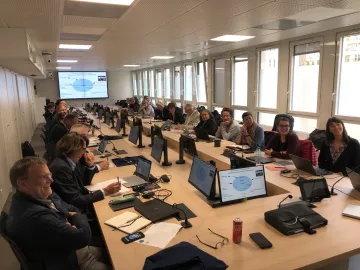
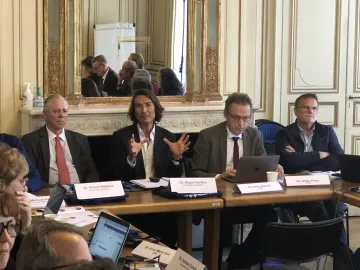
Productive leadership meetings were a key success of the Paris conference. The scientific and external advisory committees from both nations were joined by UArizona president Robert C Robbins and CNRS chief executive officer Antoine Petit to discuss the FA Institute’s first year and agree on next steps. Robbins and Petit, along with senior vice president for research and innovation Elizabeth “Betsy” Cantwell, have been actively involved in the formation of the institute and express excitement and full support for ensuing collaboration. “It’s abundantly clear that the FA Institute already has made significant progress toward advancing solutions-oriented research,” said Cantwell.
The three-day event concluded with a visit to the Ecotron Ile-De-France, an experimental laboratory with controlled environments capable of replicating natural, simplified, or entirely artificial ecosystems. Visitors compared Ecotron with UArizona's experimental environmental complex, Biosphere 2, and discussed how researchers can both expand on existing cooperation and initiate new collaborative projects between the two research facilities, particularly among scholars in the joint Ph.D. program.
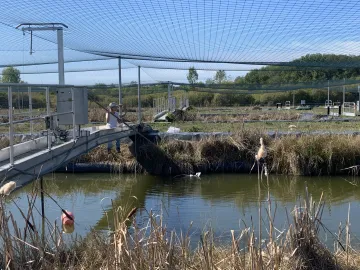
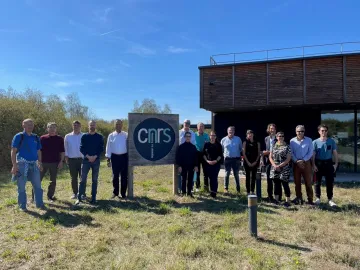
Since the Paris gathering in September, the FA Institute has opened its third annual joint call for proposals to support collaborative research. Proposals may come from any discipline and should involve one CNRS-affiliated team and one UArizona team. They should address a grand challenge that the teams are uniquely positioned to tackle together. Projects should include unique opportunities for doctoral students, identify specific goals or milestones achievable within three years, and demonstrate the potential to expand impact beyond the presented project’s scope. The submission deadline is November 18, 2022.
